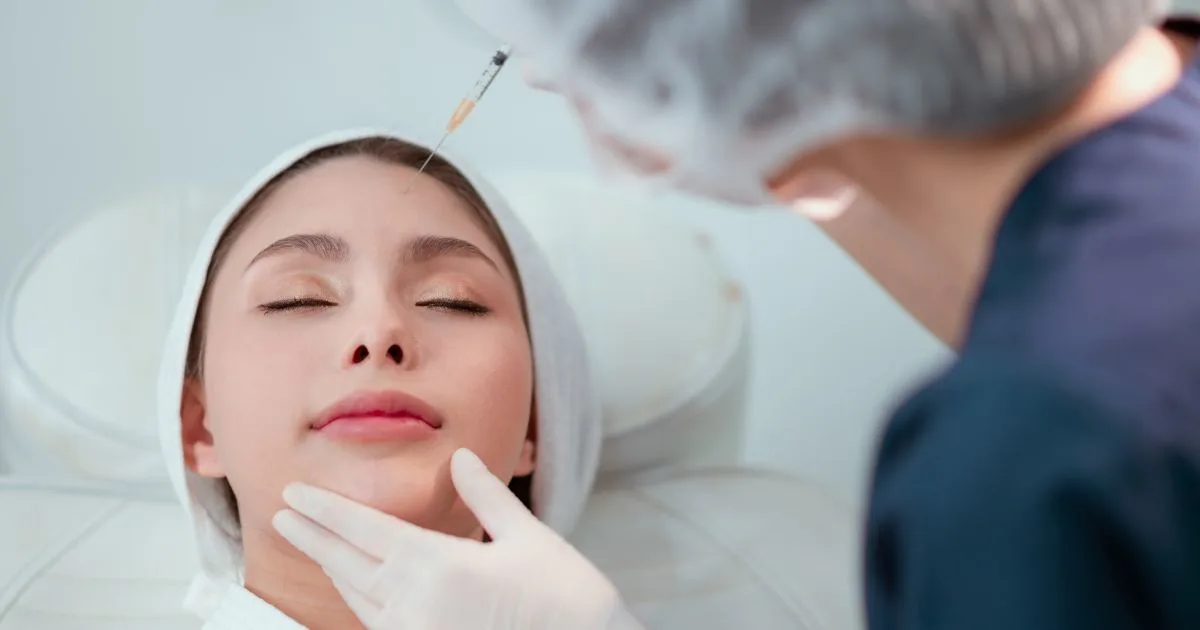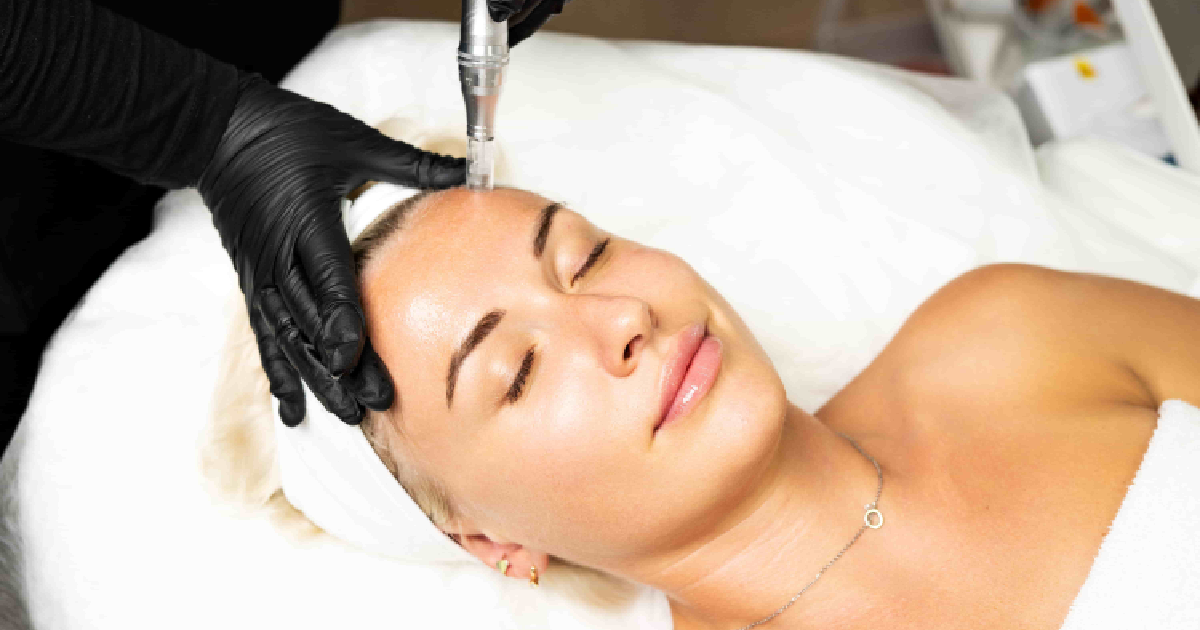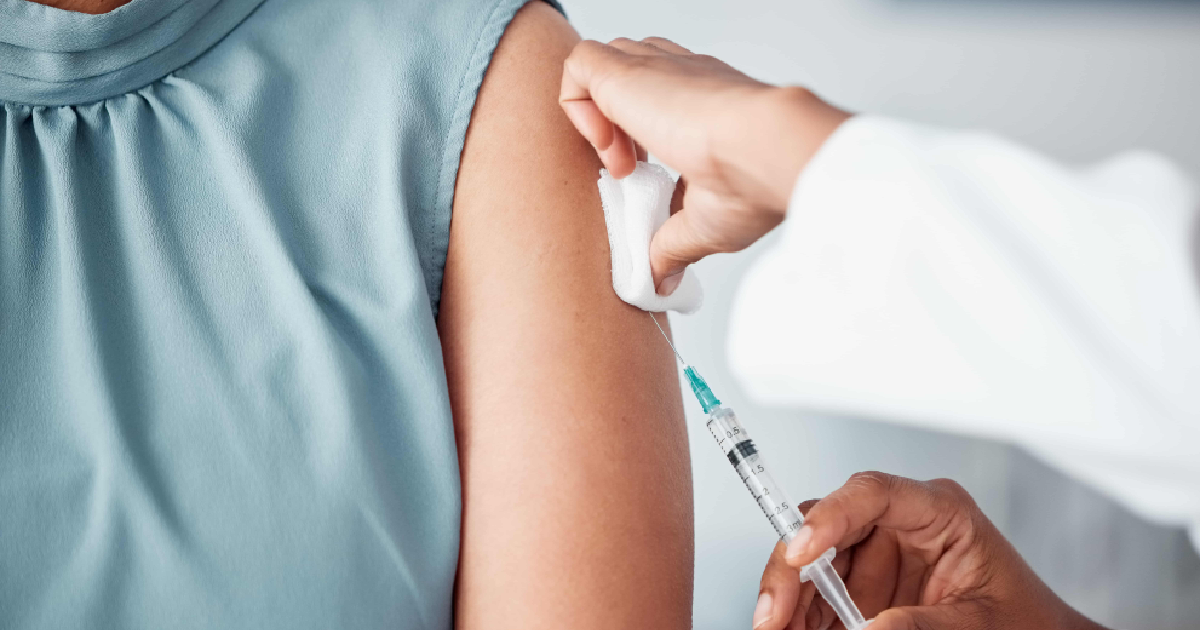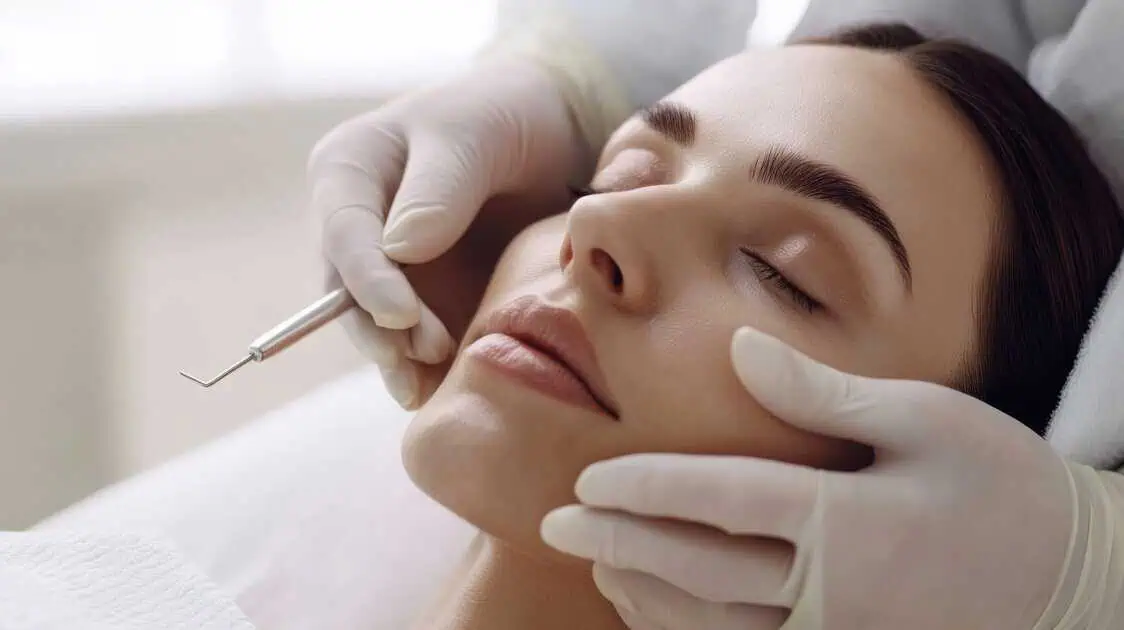Table of Contents
Experiencing low energy, mood swings, and even shifts in physical health can be unsettling, especially when these changes seem to come on gradually and without explanation. For many, the culprit could be low testosterone, commonly referred to as low t. Low testosterone is a condition that affects many individuals, especially as they age, and it can significantly impact both physical and mental health. Understanding low testosterone and its implications is essential for those in Webster, TX, and nearby areas, and Royal Wellness Clinic is here to support your journey to better health.
Understanding Testosterone and Its Role in the Body
Men mainly produce the hormone testosterone, but women also make it at more minor levels. This hormone is essential for several body processes, such as mood modulation, bone density, and muscular growth. Testosterone also develops male traits like facial hair and a deeper voice and is connected to sexual function. As individuals age, testosterone levels naturally begin to decline, especially after the age of 30. However, when these levels fall below normal, symptoms may interfere with everyday life.
What Causes Low Testosterone?
- Medical Conditions: Certain health conditions, such as obesity, diabetes, and sleep apnea, can impact testosterone production. Chronic health conditions stress the body, which may lead to hormonal imbalances.
- Medications: Some medications, including opioids, steroids, and certain antidepressants, may negatively impact testosterone levels.
- Injuries or Infections: Damage to the testicles or severe infections can disrupt testosterone production.
- Lifestyle Factors: High stress levels, poor diet, and lack of physical activity affect hormone production.
In many cases, more than one factor may contribute to low testosterone, and addressing the symptoms requires a comprehensive approach.
Common Signs and Symptoms of Low-T
Identifying low testosterone symptoms early is crucial in managing its effects. Individuals experiencing Low-T may notice a range of physical, mental, and emotional changes, such as:
- Fatigue and Low Energy: A drop in testosterone can lead to constant tiredness and reduced stamina, even after getting enough sleep.
- Decreased Muscle Mass and Strength: Since testosterone is essential for muscle growth, low levels may reduce muscle mass and physical strength.
- Weight Gain, Especially Around the Midsection: Low testosterone can increase body fat, particularly in the abdominal area.
- Mood Changes: Some individuals report feeling more irritable, anxious, or even experiencing depression, as testosterone also plays a role in mood regulation.
- Reduced Libido and Erectile Function: One of the more commonly noticed effects, low testosterone can result in a lower sex drive and, in some cases, issues with erectile function.
- Memory and Concentration Problems: Low testosterone may also impact cognitive functions, leading to forgetfulness or general difficulty concentrating.
Why It’s Important to Address These Symptoms
Relationships and professional performance are only two areas of life that might be impacted by low testosterone. Ignoring these signs can eventually result in more severe health problems, such as metabolic disorders, cardiac issues, and osteoporosis. Seeking an early diagnosis and considering low testosterone treatment options can help prevent further health issues and improve quality of life.
Causes of Low Testosterone in Men and Women
Biological Differences in Testosterone Decline
While testosterone is primarily associated with men, it also plays an essential role in women’s health, supporting bone density, muscle mass, and mood stability. Testosterone levels naturally decrease with age, but lifestyle factors or other health issues can compound this decline. In women, conditions like polycystic ovary syndrome (PCOS), adrenal dysfunction, or certain medications can contribute to lower testosterone levels.
Lifestyle and Environmental Factors
Poor diet, stress, and a sedentary lifestyle can all contribute to testosterone levels declining in both men and women. Exposure to certain chemicals, such as those found in plastics, pesticides, and some cosmetics, may also contribute to hormonal imbalances. Understanding these causes can help individuals take preventive steps to maintain healthier testosterone levels through lifestyle adjustments.
What Is Testosterone Therapy?
Restoring testosterone levels to a healthy range is the goal of testosterone therapy, a medically supervised treatment. There are various ways to administer this medication, including injections, patches, gels, or pellets. Every technique has advantages, and a medical expert can assist in identifying which is best for a given patient.
Benefits of Testosterone Therapy
When testosterone therapy is administered safely and appropriately, it can help reduce or eliminate many of the symptoms associated with low testosterone. Some of the benefits of testosterone therapy may include:
- Increased Energy Levels: Many patients report feeling more energized and less tired.
- Improved Mood: Restoring testosterone to a healthy level can positively affect mood and mental clarity.
- Enhanced Muscle Mass and Strength: Individuals may experience increased muscle mass and overall physical strength with regular treatment.
- Improved Libido and Sexual Function: Many patients notice an improvement in libido and sexual performance.
It’s important to understand that testosterone therapy isn’t a one-size-fits-all solution. Medical professionals can create a personalized treatment plan based on individual needs and goals.
Potential Questions and Concerns About Testosterone Therapy
Is Testosterone Therapy Safe?
When administered under medical supervision, testosterone therapy is generally safe. However, patients must disclose pre-existing health conditions and follow their provider’s guidance. Like any medical treatment, testosterone therapy has potential side effects, but these are usually mild and can be managed effectively with proper oversight.
How Long Will It Take to See Results?
Most patients report noticeable improvements within a few weeks to a few months of starting therapy. However, individual results vary, and Royal Wellness Clinic’s healthcare team will closely monitor your progress to ensure optimal outcomes.
Can Lifestyle Changes Help Improve Testosterone Levels?
In addition to medical care, testosterone levels can positively impact positively impact choices. Healthy testosterone levels can be maintained through regular exercise, a nutrient-dense, well-balanced diet, stress management, and enough sleep. These lifestyle adjustments can often enhance the effectiveness of testosterone therapy and contribute to overall well-being.
Conclusion: Understanding the Importance of Treating Low Testosterone
Low testosterone, or Low-T, can significantly impact one’s quality of life, affecting everything from energy levels to emotional health. Recognizing the symptoms early and seeking professional help can prevent further health complications. Royal Wellness Clinic in Webster, TX, offers specialized care and personalized low testosterone treatments to meet each patient’s needs. With the right approach, testosterone therapy can restore balance and vitality, enabling individuals to live healthier, more satisfying lives. If you’re experiencing symptoms of low testosterone and are interested in exploring testosterone treatment, consider reaching out to the Royal Wellness Clinic. Our team is ready to help you find a solution that works for you. Schedule an appointment with our experts today and take the first step toward reclaiming your health and energy.








